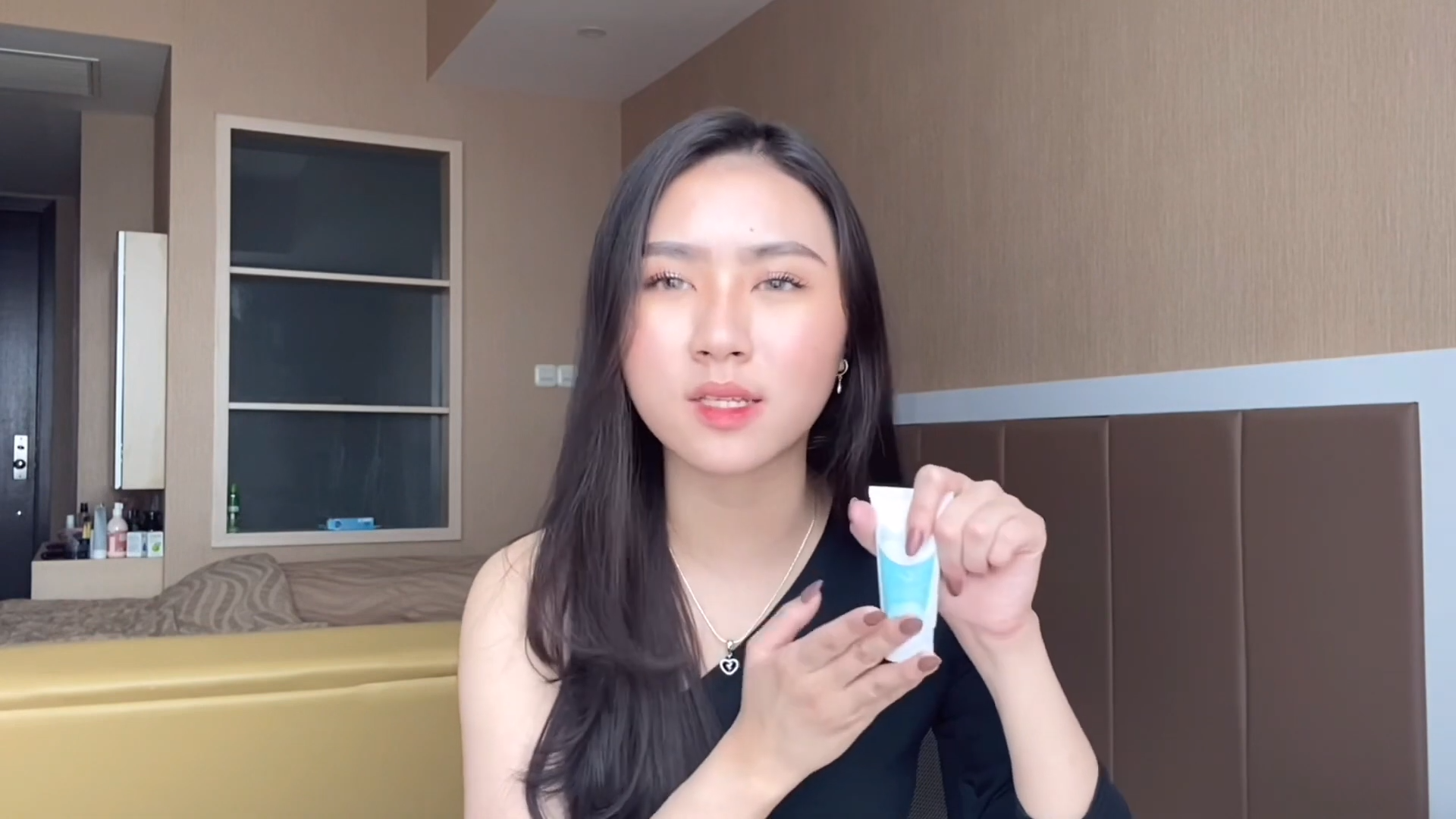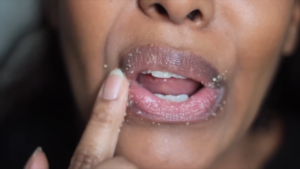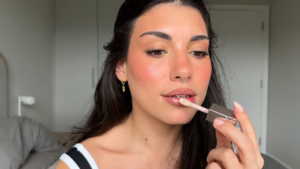Achieving Clear, Acne-Free Skin: A Comprehensive Guide to Treating Excess Oil, Clogged Pores, Bacteria, and Hormones. Acne is a common skin problem that can affect people of all ages. This is caused by a variety of factors, including excess oil production, clogged pores, bacteria, and hormonal imbalances. Although acne can be frustrating, there are many steps you can take to overcome this problem and achieve clear, acne-free skin.
Overcoming Excess Oil
One of the main factors that contributes to acne is excess oil production. This oil can clog pores and cause inflammation. To deal with excess oil, you can:
- Use a facial cleanser formulated for acne-prone skin: Look for cleansers that contain salicylic acid or benzoyl peroxide, which can help reduce oil production.
- Use a toner that contains glycolic acid or lactic acid: These toners can help exfoliate dead skin cells and tighten pores.
- Use a clay mask: Clay masks can absorb excess oil and help clean pores.
- Avoid skin care products that contain oil: These products can clog pores and make acne worse.
Cleans Clogged Pores
Clogged pores are the main cause of acne. When dead skin cells, oil, and bacteria build up in pores, they can cause inflammation and acne formation. To clear clogged pores, you can:
- Exfoliate your skin regularly: Exfoliation helps remove dead skin cells and prevents clogged pores. Use a gentle facial scrub and avoid rubbing too hard.
- Use pore strips: Pore strips can help remove dirt and oil from pores.
- Perform professional blackhead extraction: Blackhead extraction is a procedure performed by a dermatologist to remove blackheads and whiteheads.
Kills Bacteria
Bacteria are the main cause of acne. These bacteria can accumulate on the skin and cause inflammation. To kill bacteria, you can:
- Use skin care products that contain benzoyl peroxide: Benzoyl peroxide is an antibacterial ingredient that can help kill the bacteria that cause acne.
- Use a face mask containing sulfur: Sulfur has antibacterial properties and can help cleanse the skin.
- Take probiotic supplements: Probiotics are good bacteria that can help balance the skin microbiome and reduce inflammation.
Regulates Hormones
Hormonal imbalances can trigger acne. Hormones such as androgens can increase oil production and cause inflammation. To regulate hormones, you can:
Eat foods that balance hormones: Foods like nuts, seeds, and green leafy vegetables can help balance hormone levels.
Avoid foods that trigger acne: Foods like dairy, sugar, and processed foods can make acne worse in some people.
Take supplements that regulate hormones: Supplements such as saw palmetto and maca can help regulate hormone levels and reduce acne.
Additional Care
In addition to the steps above, there are several additional treatments that can help treat acne:
- Light therapy: Light therapy uses blue or red light to kill bacteria and reduce inflammation.
- Topical retinoids: Retinoids are vitamin A derivatives that can help reduce oil production and exfoliate dead skin cells.
- Isotretinoin: Isotretinoin is a prescription medication that can help with severe acne.
Conclusion
Achieving clear, acne-free skin is a process that requires patience and consistency. By following this comprehensive guide, you can address the factors that contribute to acne, including excess oil, clogged pores, bacteria, and hormones. With the right care, you can achieve the healthy, glowing skin you desire.








